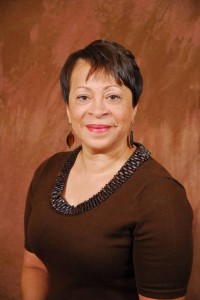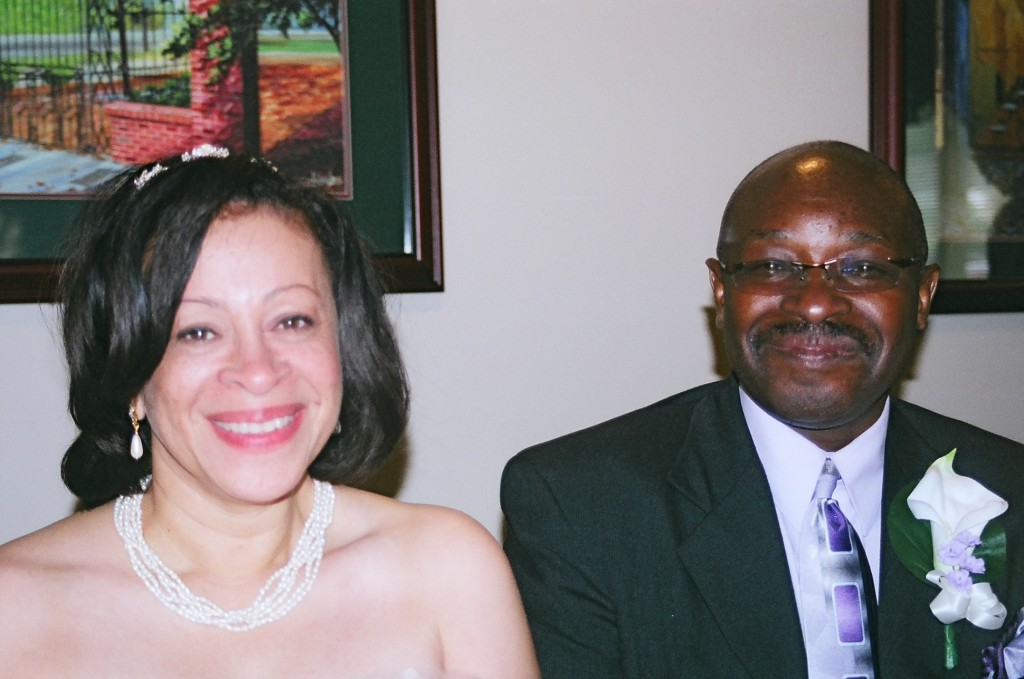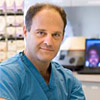 The following submission below is answered by Dr. James E. Craigie, of The Center for Natural Breast Reconstruction.
The following submission below is answered by Dr. James E. Craigie, of The Center for Natural Breast Reconstruction.
I had breast reconstruction in 2009 with implants and am unhappy with the result. How hard is it to go back and do reconstruction with your own tissue? What is the recovery time and does insurance give you a hard time if you need to do this?
Sorry that you are having so many problems with your implants, here are several things you need to know. First of all, if someone required a mastectomy and their insurance company offers coverage for mastectomy; there is a federal law that mandates that insurance company to cover breast reconstruction. If one technique did not work for you or failed, you are still eligible for another technique. In our practice, 30% of our patients who undergo reconstruction with their own tissue have had failed implants. Implant failure can be many different things. Some people lose their implants because of infection; some have had radiation effects that contributed to rejection of the implant or hardness, while others simply have a result that is not satisfactory to them. Other factors such as problems with implant itself or leakage can be reasons for implant failure as well. Depending on exactly what your situation and original surgery was, the challenges of reconstruction following implants can include repair of the chest muscle, removal of leaking silicone, or removal of Alloderm if that product had been used during the initial reconstruction. All of these things do make the reconstruction more challenging, but certainly our most successful technique to solve this problem is to remove the implants, any leaking implant material, the Alloderm, and the hard capsule that had formed around the implant and replace all of this with your own healthy living tissue. Our preferred way to do this utilizes muscle-sparing techniques such as the DIEP or GAP, using just your fatty tissue to replace the implants. Compared to someone who has not had failed implants, you may require an additional one or two revision stages of surgery and may require more time to allow the results to settle and overcome the effects of the previous surgeries. These issues do make the process more complex, but the success rate among our patients is very high and the completed result is permanent and natural feeling which our patients who have had implant failures report to be their main goal. The recovery time for these types of surgeries is always patient dependent and generally longer than surgeries utilizing implants but our patients are usually back to work anywhere between 4 to 6 weeks. I hope this has answered your questions and if you have any others I can answer, please feel free to forward them to us.
Do you have a question about breast implants or natural breast reconstruction? Submit your questions here to be answered by our team!









